What to do if you’ve had your gallbladder removed
By naturopath Margaret Jasinska
Gallbladder removal is one of the most common surgeries. A lot of people end up quite confused about what they should be eating and which supplements they can be taking. You might be left with new and unpleasant symptoms after surgery. Your doctor may have told you it’s fine to eat and drink whatever you like, and you’ll be fine. The fact is many people feel far from fine after getting their gallbladder removed. It is common to experience all sorts of digestive problems, and you are at higher risk of developing a fatty liver. Many people find weight loss is incredibly difficult after gallbladder removal.
A lot of people imagine that having their gallbladder removed will put an end to their digestive problems, but that is often not the case. Did you know it is possible to form stones within the ducts of the liver? The risk of developing a fatty liver and inability to lose weight is also greater in people without a gallbladder. Your gallbladder is important. Your liver continually manufactures bile, which travels to your gallbladder, where it is stored and concentrated. Bile helps you to digest fat. Bile is also your body’s way of excreting wastes and toxins. Bile contains cholesterol and other fats that your liver has broken down and wants to excrete. Bile also has mild laxative properties, helping you to have regular bowel motions.
What happens if you don’t have a gallbladder?
The liver continues to manufacture bile, but there is no longer a place to store it or concentrate it. That means bile continually slowly trickles into the intestines. If you eat a fatty meal, you will not be able to secrete a large enough amount of bile into your intestines, therefore the fat will be poorly digested. This means many people experience diarrhoea, bloating, nausea or indigestion. Not digesting fat well means you won’t be able to digest essential fatty acids, including omega 3 and omega 6 fats. It also means you’ll have a hard time absorbing fat soluble vitamins such as vitamins D, E, A and K. These nutrients are vital for good health.
Please be aware that you developed a gallbladder problem in the first place because you had an unhealthy liver. If your liver is not healthy, it will make poor quality bile. The bile will be prone to forming sludge and stones.
Strategies for those without a gallbladder
A lack of bile can produce symptoms such as bloating, nausea and indigestion after meals, light coloured stools, diarrhoea, fatigue after meals and nutrient deficiencies. Bile can be taken in supplement form.
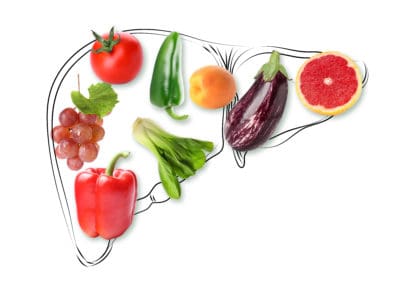
Pay special attention to the health of your liver
I recommend you follow the eating principles in the book Fatty Liver: You Can Reverse It. This should reduce the risk of stones forming inside your liver, reduce the risk of fatty liver and it will make it easier to lose weight.
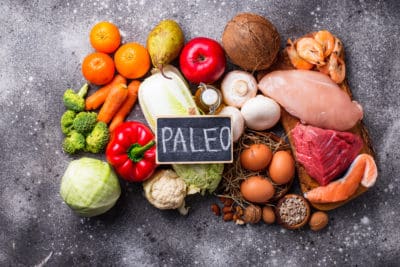
Minimise or avoid dairy products and grains
Dairy products (milk, cheese, ice-cream, yoghurt) worsen all cases of gallbladder disease, liver disease and they can be very difficult to digest. Food intolerance is a common cause of gallbladder problems, and there is research that links gluten intolerance with gallstones. A good reason to keep your intake of grains low is to reduce the risk of developing a fatty liver.
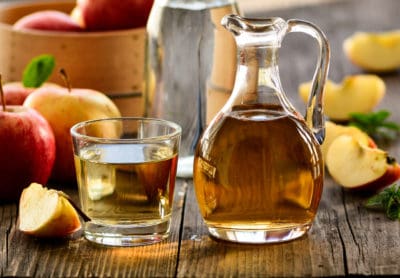
Apple cider vinegar
Taking apple cider vinegar before meals can help improve digestion because it encourages the production of stomach acid and digestive enzymes.
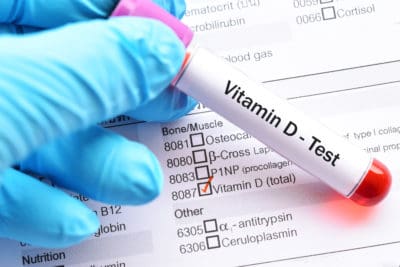
Have a blood test for vitamin D
People with compromised liver or digestive function are often vitamin D deficient. Exposure of your skin to the sun’s UVB rays enables your body to manufacture vitamin D. However, this process occurs in your liver and kidneys. People with a sluggish liver often do not manufacture vitamin D adequately. Therefore it’s a good idea to get a blood test to see if you have enough.
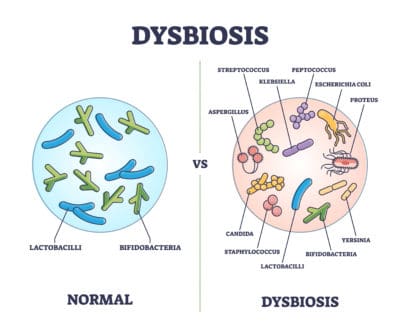
Insufficient production of bile and digestive enzymes can allow bad gut bacteria and yeast to flourish
So too can eating a lot of sugar and high carb foods. If your gut is overridden with harmful bugs, you can experience fatigue, bloating, low mood, poor quality sleep and skin issues such as acne. Bactocler capsules contain berberine plus the essential oils of clove, oregano and thyme and can help with symptoms of medically diagnosed irritable bowel syndrome.
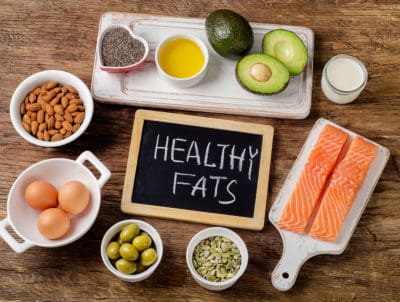
Eat sufficient good fats and avoid the bad fats
Your doctor may have recommended you follow a low fat diet after having your gallbladder removed. This is not necessary and in fact it is harmful. Your body needs good fats and I recommend you include moderate quantities of extra virgin olive oil, avocados, coconut milk and oil, nuts and seeds and the fat from grass fed animals in your diet.
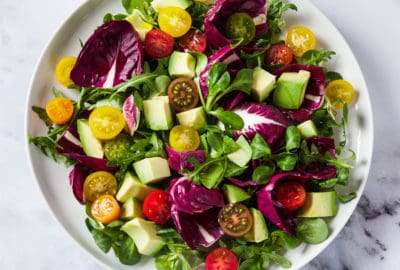
Include some bitter and sour foods in your diet
They should help to improve your digestion and make it easier to tolerate good fats in your diet. Suitable bitter and sour foods include lemons, limes, radicchio lettuce, chicory, endive and dandelion leaves. These leaves are fairly easy to grow at home if you are lucky enough to have your own veggie patch.
For more information see our book Save Your Gallbladder and what to do if you’ve already lost it.


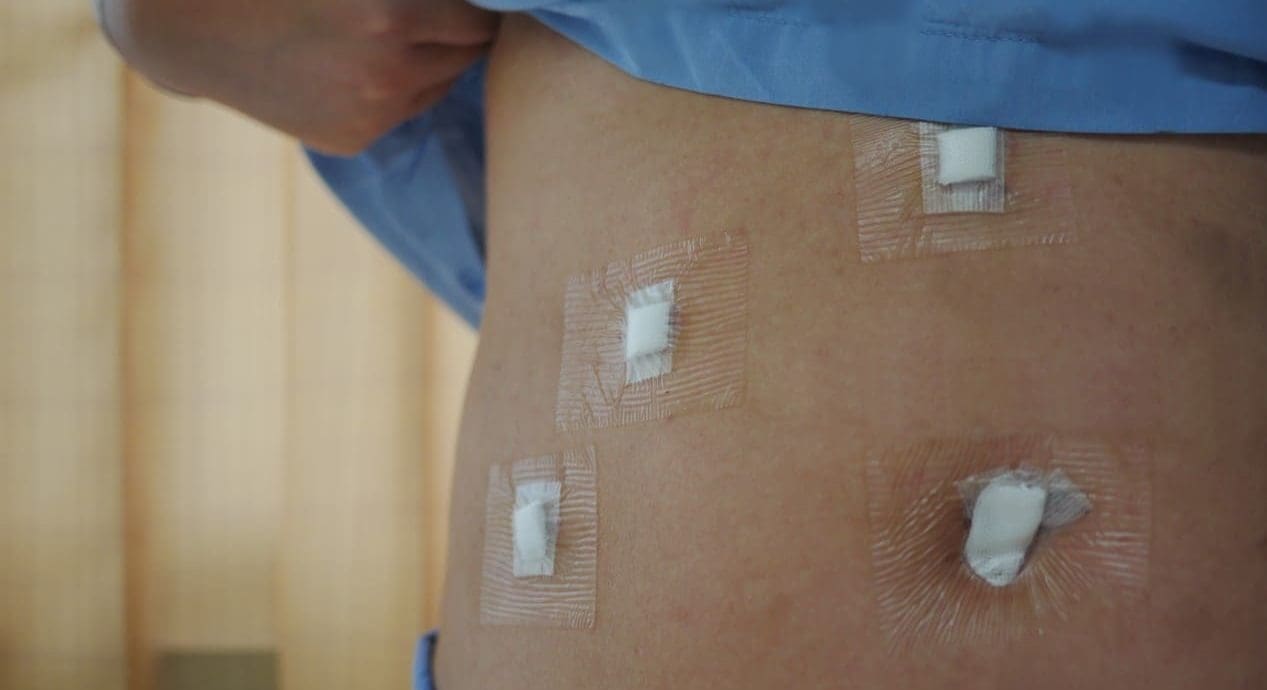

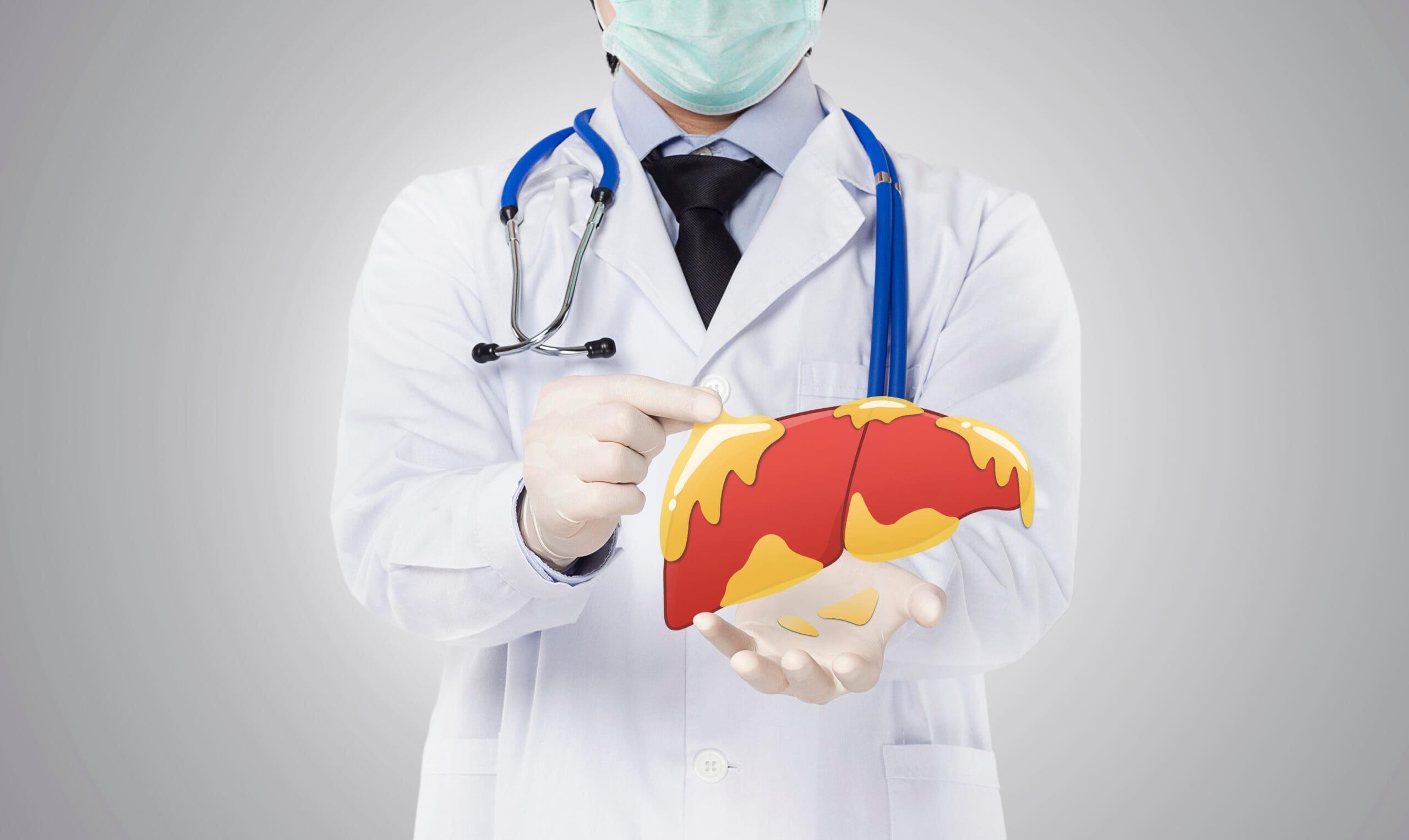
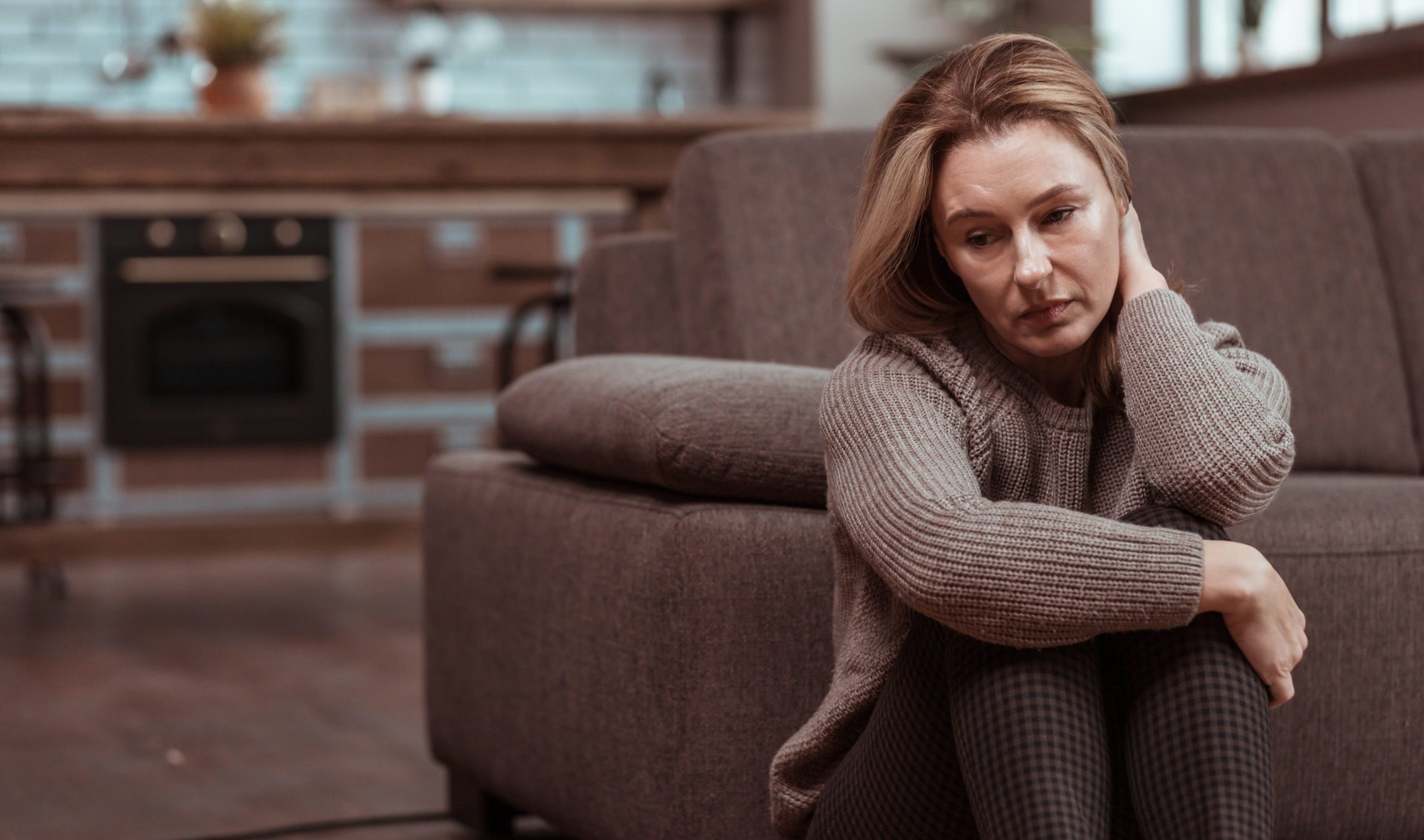
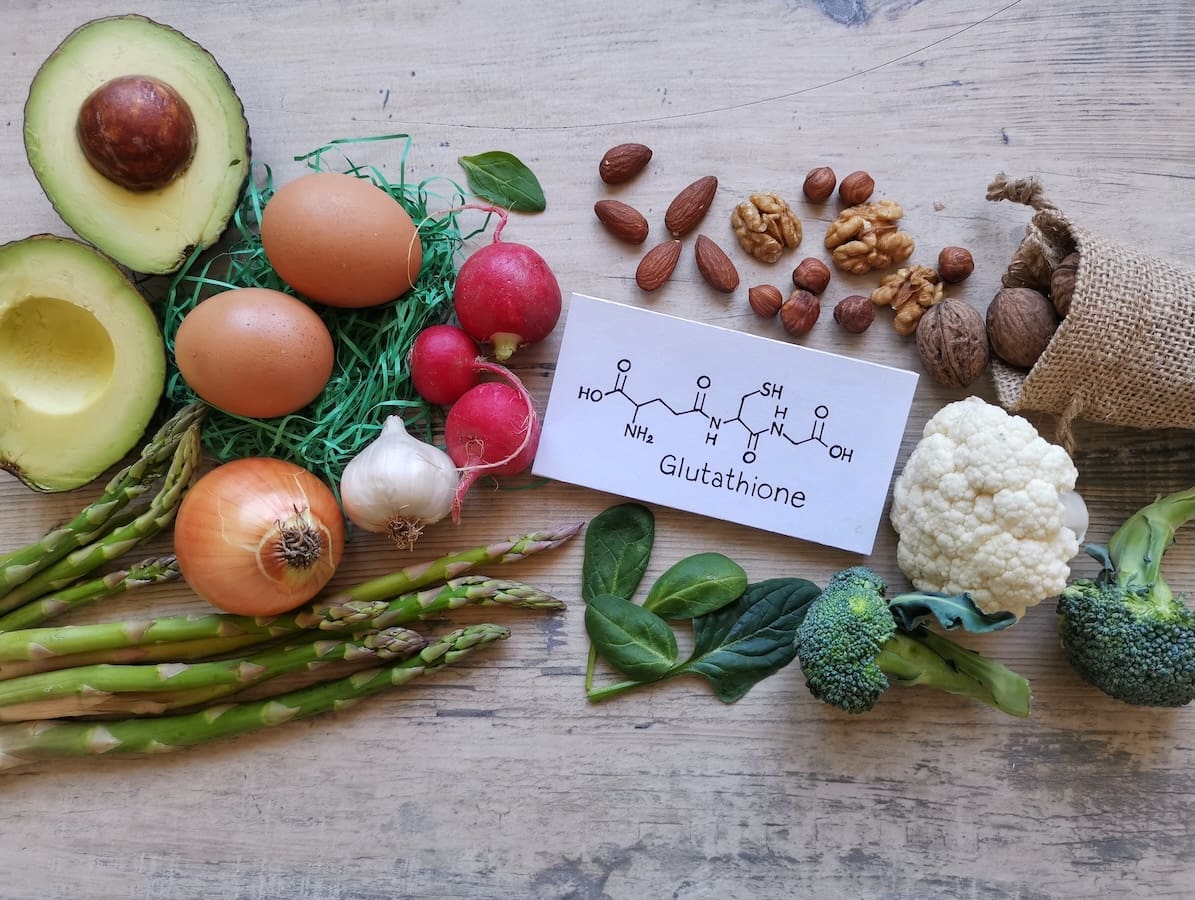
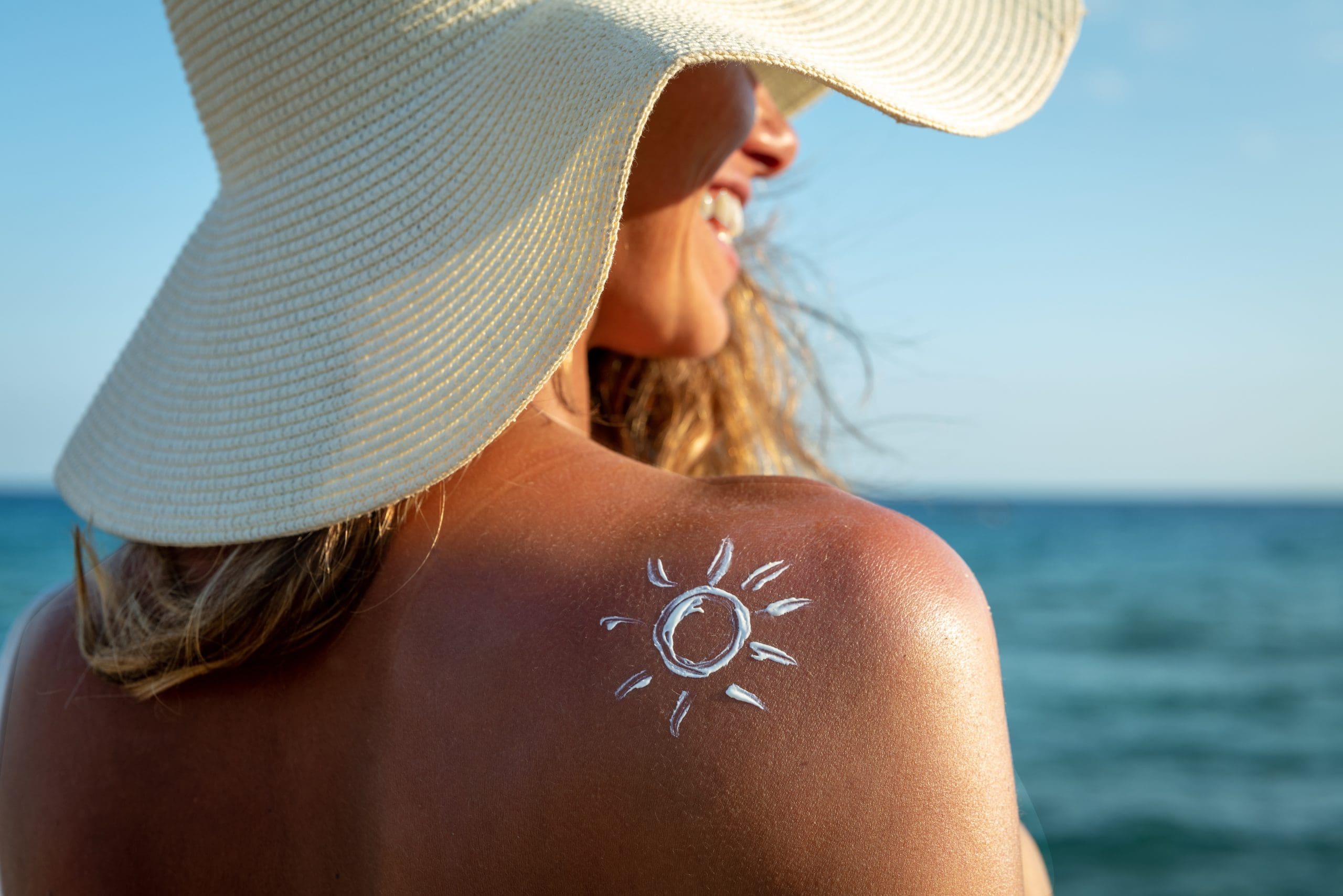
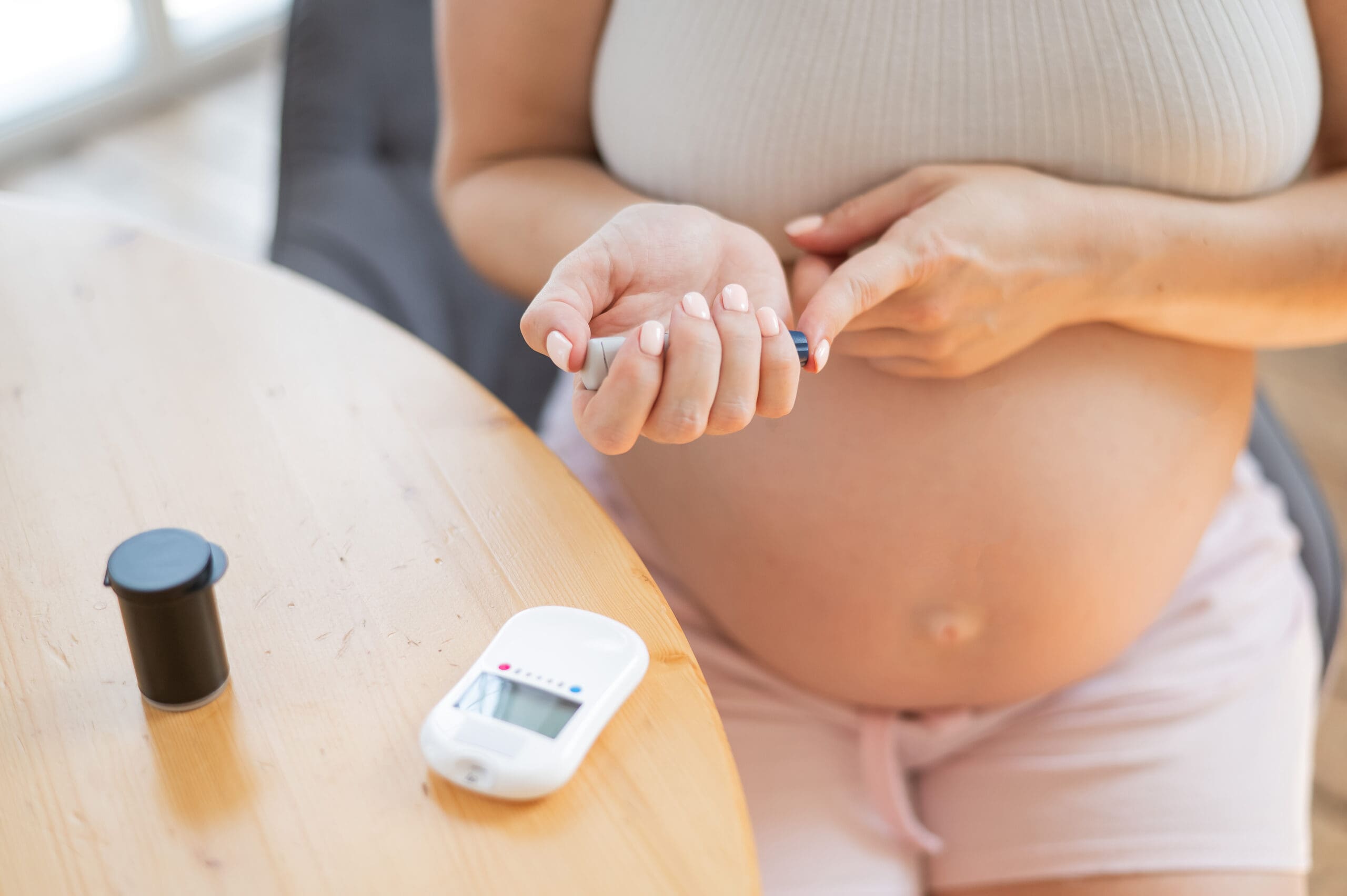
how do u deal with having too much bile /acid
Hi Julie,
It is best to send an email or call our free health advisory service for advice –
info@cabothealth.com.au // 02 4655 8855.
Kind regards,
Louise